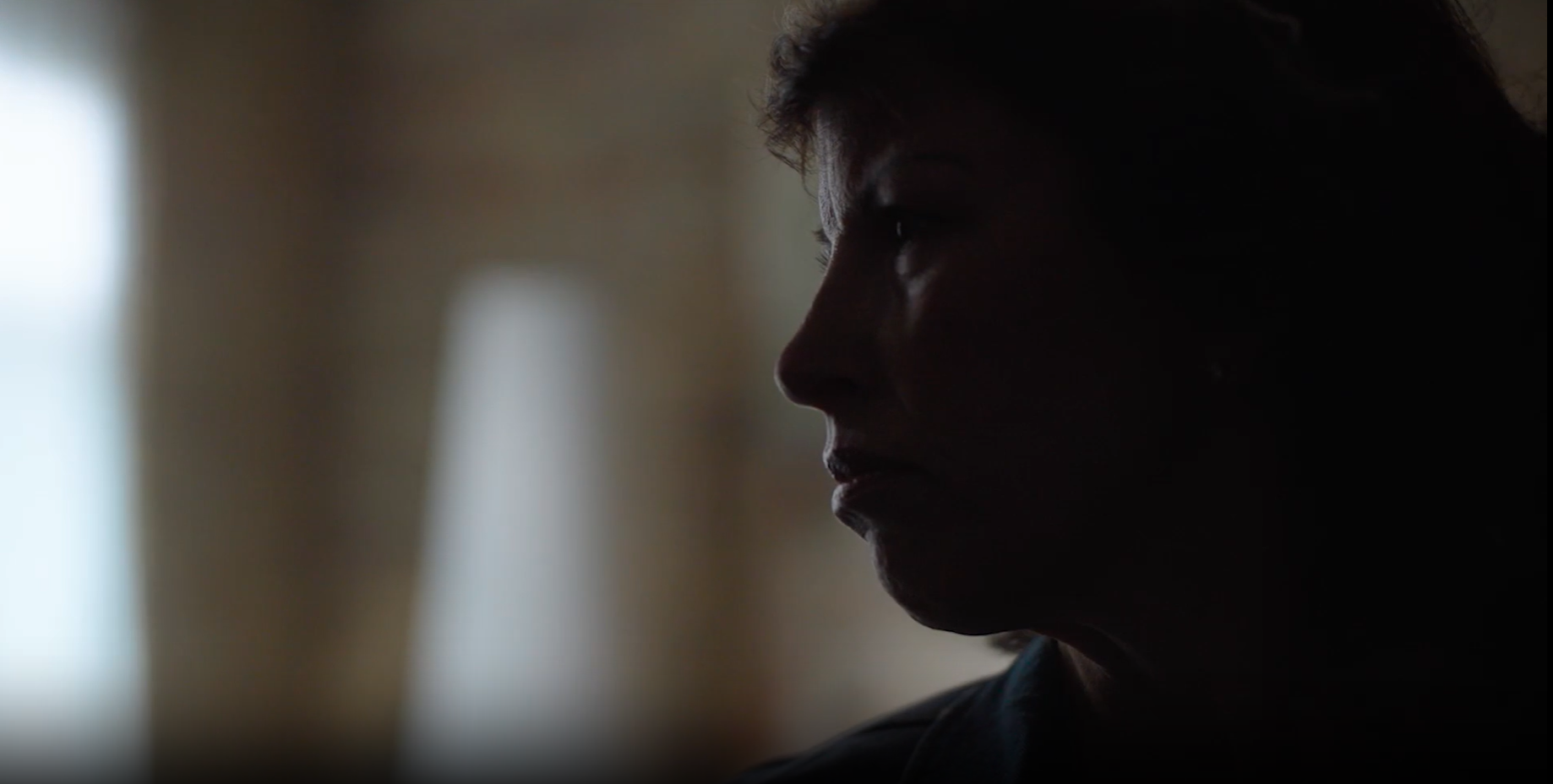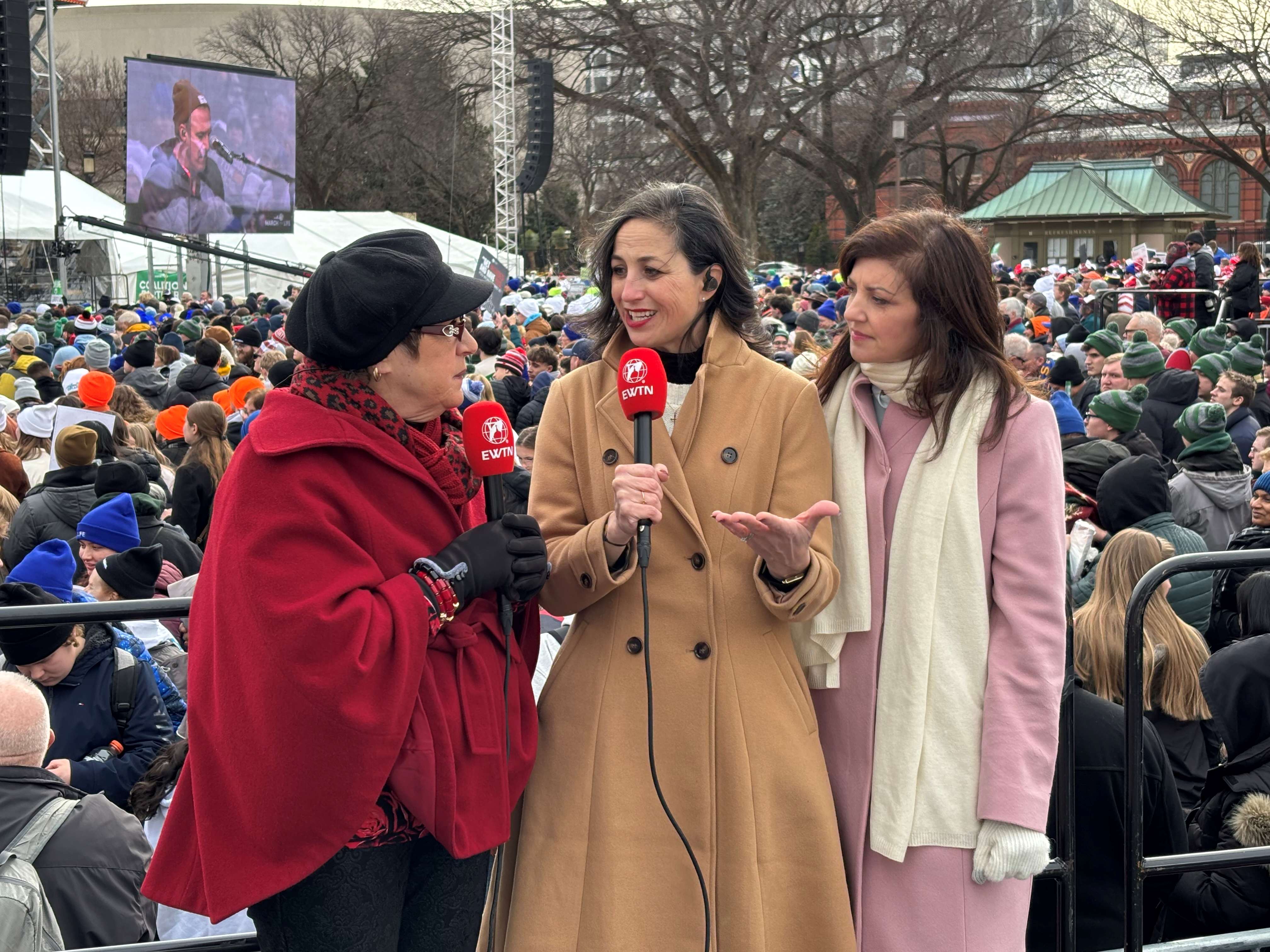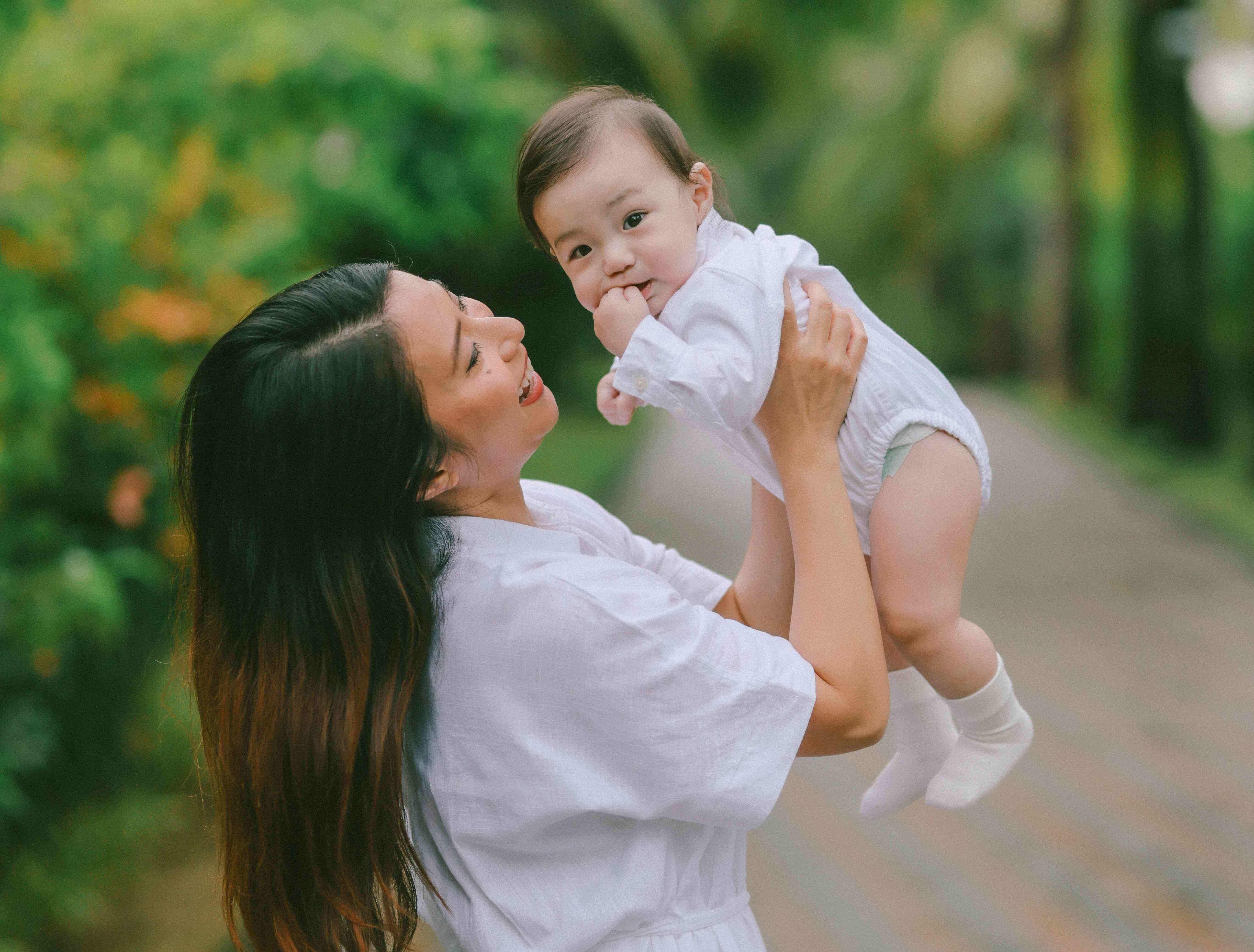When a small Florida community experienced three teen suicides in a brief period of time, a local pregnancy center stepped forward to help, offering young women an opportunity to talk about life issues as well as enjoy fun activities.
Answers Health and Resource Facility, located in Keystone Heights, between Jacksonville and Gainesville, created BEAT (Becoming Empowered Assertive Teens). The club meets weekly in high schools and junior high schools in north central Florida communities, offering young women opportunities to talk and forge friendships.
Such an environment is important, organizers believe, due to several startling statistics from this area, including:
• over half of the population lives 200% below the poverty level, meaning a two-person household earns less than $10,000 a year;
• suicide is the second leading cause of death for ages 10 to 24;
• one county in the region ranks first in non-fatal drug overdoses and seventh in Florida for repeat births to mothers ages 15 - 17.
Additionally, many children and teens experience emotional and behavioral issues, and 44 percent live in single-parent households.
[Click here to subscribe to Pregnancy Help News!]
BEAT responds to the crises
In response to these alarming situations and the three suicides, Answers provides an after-school club for girls in junior high and high school in the area. BEAT is a weekly, after-school gathering that helps young women struggling with identity, poverty, and peer pressure.
Tweet This: BEAT is a weekly, after-school gathering that helps young women struggling with identity, poverty, and peer pressure.

“What so many young women deal with is an identity crisis – they don't really know who they are or maybe don't even have dreams of who they want to be,” said JoAnna Weldon, CEO and founder of Answers. “We want these girls to realize that they can march to the beat of their own drum, to figure out what that looks like and who they are as an individual.”
The response to the first few weeks when the club began in 2015 overwhelmed her.
“I expected a couple of girls to come, but within weeks we were at 30 to 40 girls every single week,” Weldon said.
Although COVID-19 and restrictions imposed on gatherings impacted the program and participant numbers the past few years, students are returning. Their needs are as great or even greater.
“We've watched our country become a fatherless generation for the last couple of generations and what we recognized was we are now in the midst of a motherless generation,” Weldon said. “So many of these young women – their moms are absent for different reasons and some of it, a lot of it actually, is addiction. Some of it is poverty – there are so many reasons for that, but the point is very few of these young women have a stable, consistent mother role in their lives. So, we recognize this is the role we're really playing.”
Creating a “safe space” is critical, she added.
“We eat snacks, and we hang out,” Weldon said. “Obviously, we are faith-based and so everything that we're teaching them has biblical principles, but of course we're on a school campus so that's not an overt thing.”
Amid the fellowship and developing friendships, the leaders and girls talk about different topics, from heavy discussions like self-harm and human trafficking to fun things like skin care and make-up.
“Those are some top things that these girls aren't learning at home, and so we'll bring in somebody that is an expert in that field,” Weldon said. “We'll do makeovers, or we'll do facials and just have a lot of fun and then the next week we’ll do something a little heavier. We talk about all those things very frankly and very educationally so that they're learning and being able to build some knowledge into what they're feeling because as women and girls, we're emotional beings and that's good, but we can’t be led by those emotions. We’re bringing them back to that focus of ‘That's how you feel and that makes a lot of sense but what's the truth? What's the truth about the situation and what's the best thing for you to do in this situation?’”
Creating bridges, making connections
BEAT creates a bridge, according to Weldon.

“I feel like the biggest thing that BEAT has done to make a difference is it became the bridge between these girls at school and Answers as an organization because we have gone to them and built these relationships,” she said. “When they find themselves in a pregnancy situation or a relationship issue or ‘I'm struggling at home,’ they know that they can now come as a client to Answers.”
For Answers Health and Resource Facility, mentoring and assisting families is more than pregnancy testing and ultrasounds.
“We’re really working to rebuild and restore families,” Weldon said. “We still do all of the crisis pregnancy parts of the organization … we have a director of nursing, and we were gifted a beautiful, wonderful, brand-new ultrasound machine through the Knights of Columbus two years ago.”
Recognizing the need for resources, Answers seeks to fill that void.
“We have quite a few poverty-stricken families in our community,” Weldon said. “What is a challenge for those families is that living in a tiny community with very few resources, they have a hard time getting to the bigger cities that have the resources. Answers grew from a crisis pregnancy center to the starting place for crisis for individual men and women in any type of situation. Homelessness is really the number one thing that we are working to fight right now because so many people are battling that. Drug addiction and mental health are such difficult things and rampant right now, too.”

Walking alongside those in need
Walking with women, girls, and families in need is the primary mission of Answers. Becoming the voice of encouragement and ‘the boots on the ground’ for assistance drives Weldon and her staff.
“We gather around the individuals and their families, and we really walk alongside them and connect them to trusted resources,” she said. “We keep our hands on them as they walk through that because a lot of times you get a family who gets to the next resource and then maybe that resource has evaporated or it's not a good fit and then they're back where they started. We don’t want that to happen – we don't want to go backwards. So, we try to really stick with them so when they hit the bumps or the walls, we can scale the walls with them.”







